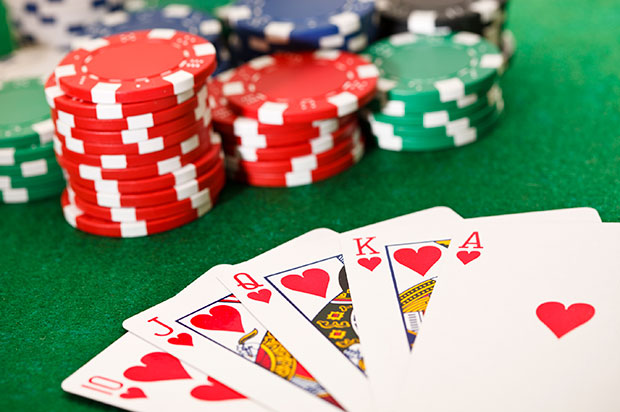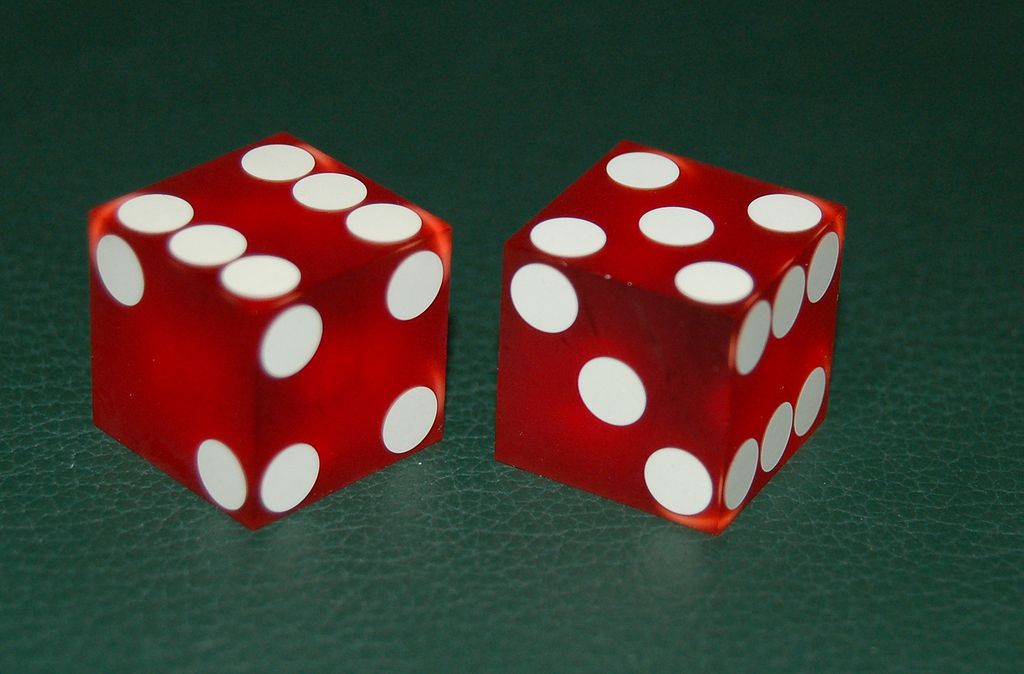Report: Nearly 50,000 Arkansans Have Gambling Problem
 Recently we wrote about the Arkansas Lottery’s financial figures for the month of April, and how the Arkansas Lottery–once again–spent a pathetic percentage of its gross revenue on college scholarships.
Recently we wrote about the Arkansas Lottery’s financial figures for the month of April, and how the Arkansas Lottery–once again–spent a pathetic percentage of its gross revenue on college scholarships.
While the Arkansas Lottery may not be contributing heavily to education, some believe it may be contributing heavily to a serious problem: Gambling addiction.
The National Council on Problem Gambling released a report late last year estimating that as many as 1 in 45 Arkansas adults (2.2% of the adult population in Arkansas) suffers from problem gambling. That is nearly 50,000 adults statewide.
The report notes,
When this lottery was set up in 2009, legislators set aside $200,000 annually for problem gambling treatment and education. In early 2015 legislators eliminated this funding, resulting in Arkansas being one of only 12 U.S. states that does not provide dedicated funding for problem gambling services.
An estimated 2.2% of Arkansas adult residents (49,728 citizens) are believed to manifest a gambling disorder (1 in every 45 adults). Gambling disorders carry widespread physical, social and financial consequences for individuals, their families and communities. These preventable problems result in millions of dollars each year spent on health care, criminal justice and social welfare systems. In addition to these measureable costs, the human costs are immeasurable. . . . .
In 2013, Arkansas ranked near the bottom of states with dedicated problem gambling service funding (ranked 30th out of 39 states with funding designated for problem gambling services). As a result of 2015 legislative action, Arkansas now ranks last with $0 public funds to prevent or treat gambling addiction.
When the Arkansas Legislature first directed the Lottery to pay $200,000 each year for a problem gambling helpline, our concern was $200,000 might not be enough money fund an adequate problem gambling program.
Helping people with gambling problems requires much more than simply answering a telephone; it’s about providing support and resources necessary to help people overcome their gambling addictions. That’s why it was so troubling to see the Arkansas Legislature cut off funding for the helpline last year.
I’m sure gambling in Hot Springs and West Memphis is contributing to Arkansans’ gambling addictions. But since the State of Arkansas entices people to gamble through the Arkansas Lottery, the State of Arkansas has a responsibility to ensure Arkansans are not being harmed by government-run gambling.
One way to do that is to reinstate funding for services designed to help people who suffer from gambling disorders–like the problem gambling help line.



 Today the Arkansas Lottery
Today the Arkansas Lottery